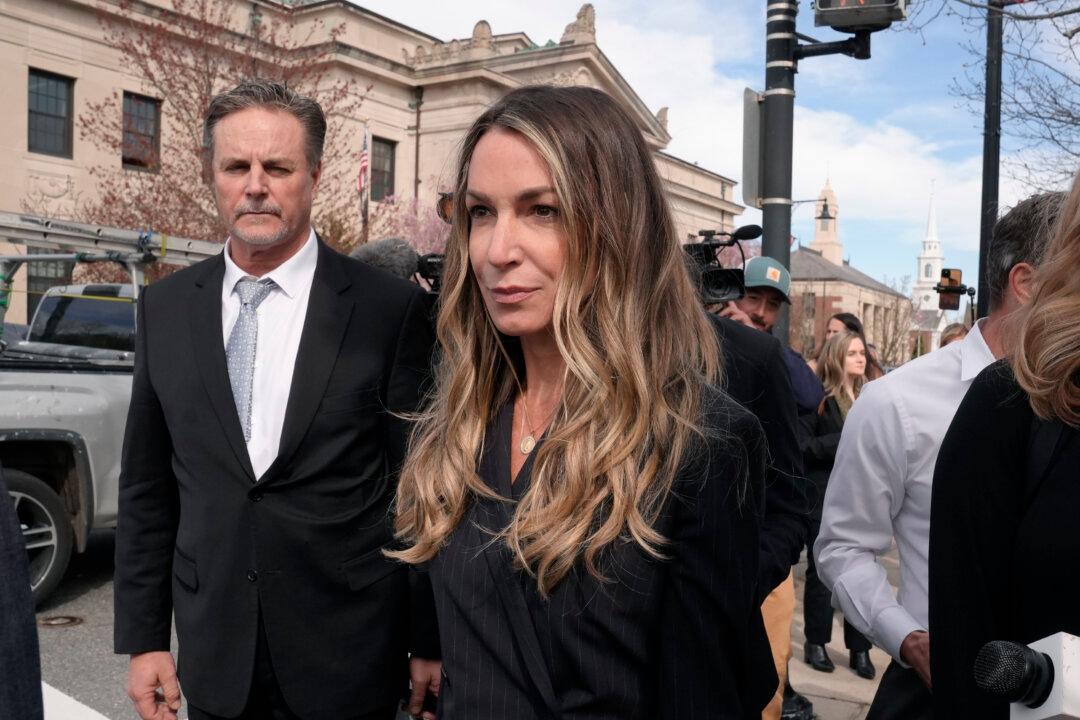BOSTON—An attorney for Karen Read has petitioned the highest court in Massachusetts seeking the dismissal of two charges including murder that she faces in the death of her Boston police officer boyfriend.
Read is accused of ramming into John O’Keefe with her SUV and leaving him for dead in a snowstorm in January 2022. Read’s attorneys argue she is being framed and that someone else is responsible for O’Keefe’s death.





